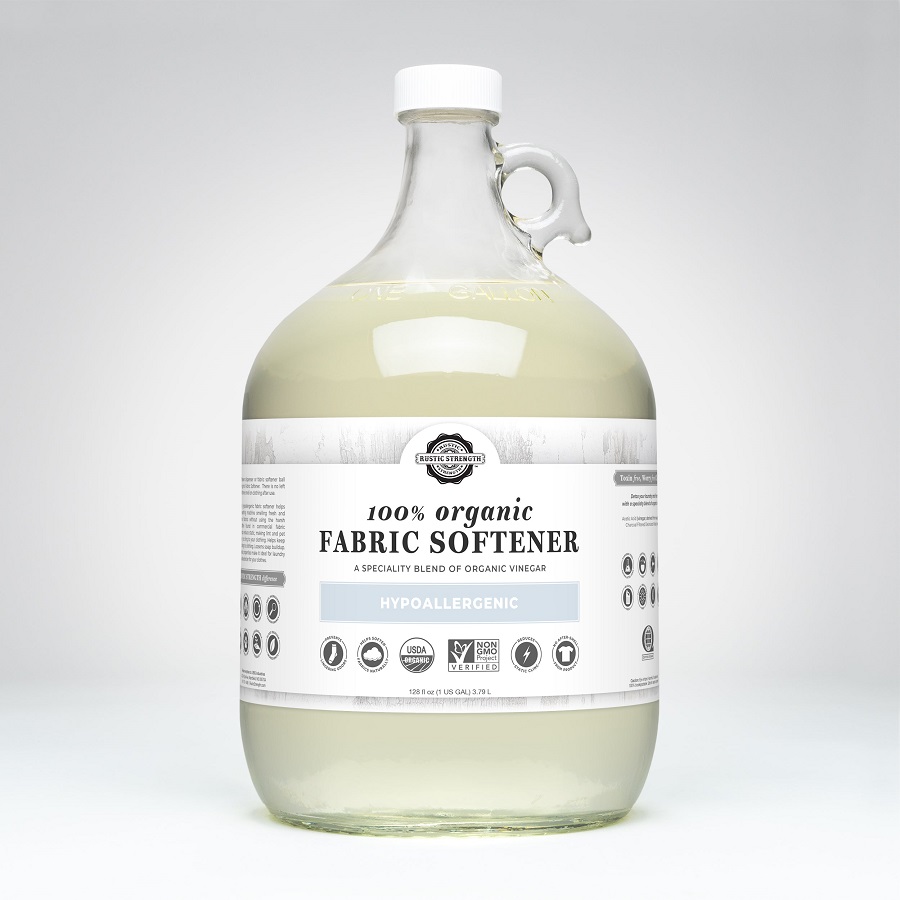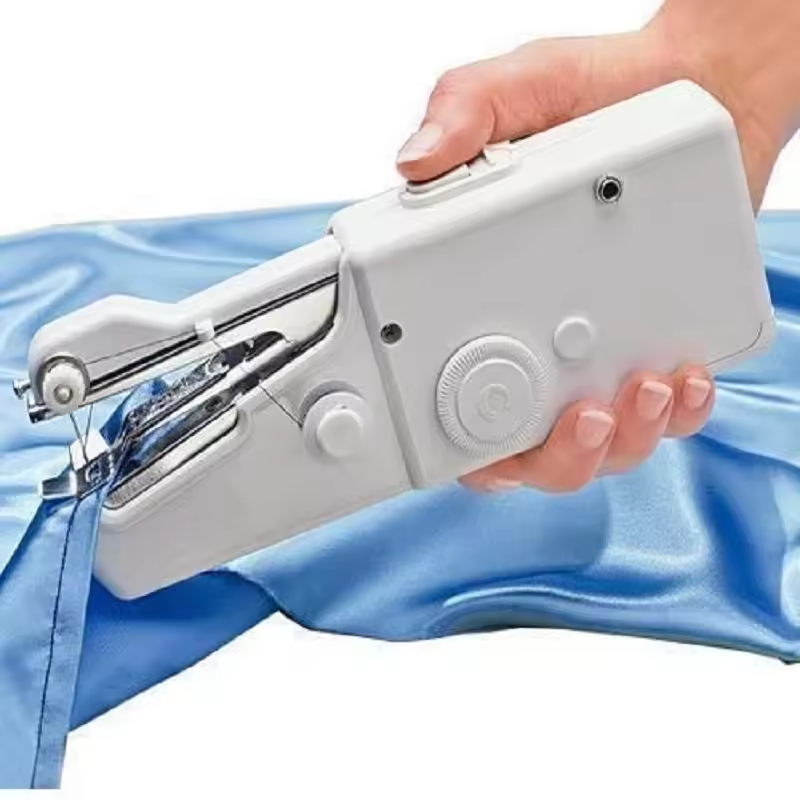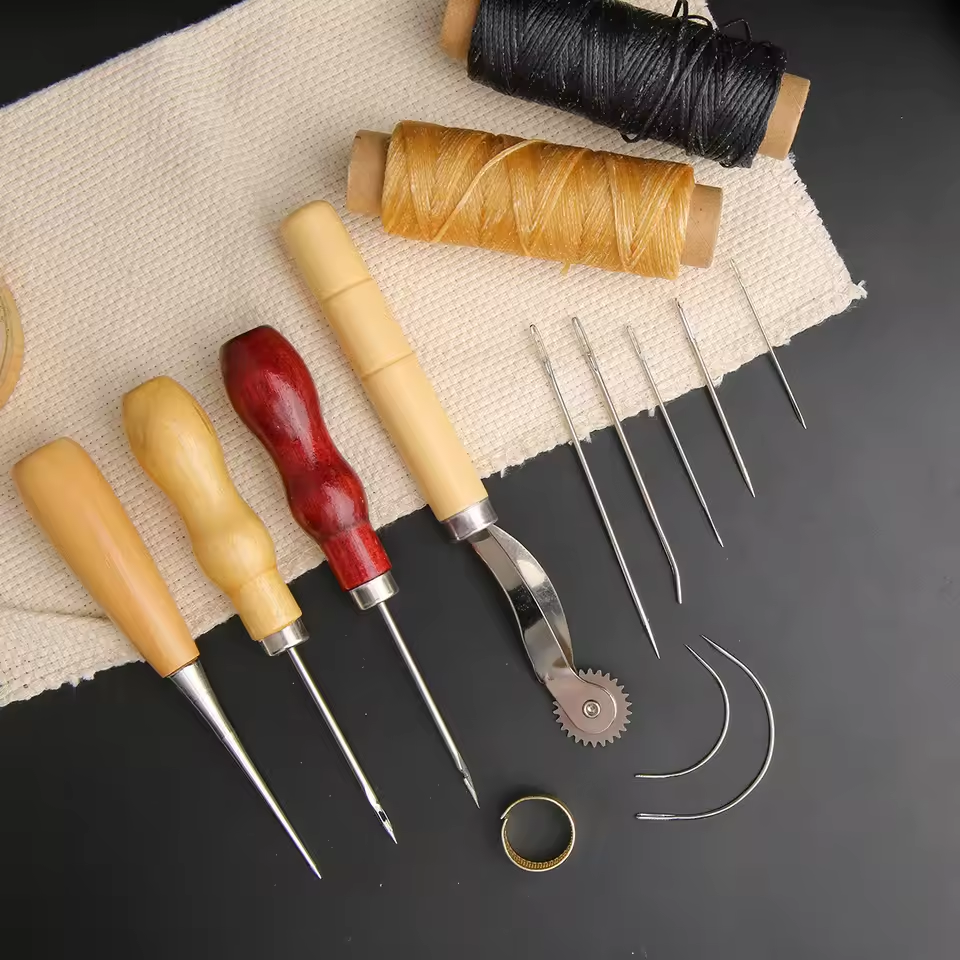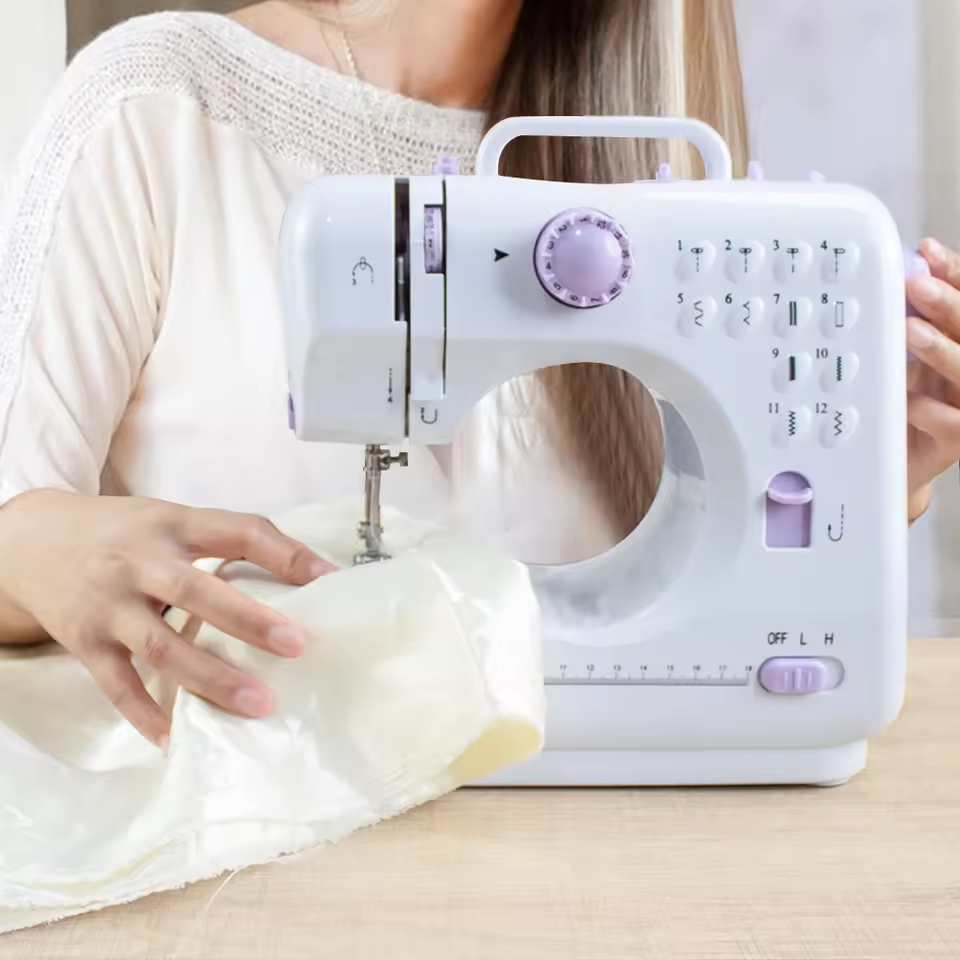Fabric softener is a common household product used to enhance the feel and fragrance of clothes, but is it essential for your laundry routine? This article delves into the benefits of fabric softener, its possible downsides, and various alternatives you can consider for a more eco-friendly, health-conscious, and efficient laundry experience.
What is Fabric Softener?
The Basics of Fabric Softener
Fabric softeners are liquid products added during the rinse cycle of your washing machine to soften clothes and reduce static cling. They are typically made of a blend of surfactants, fragrances, and other chemicals that coat fabric fibers, making them feel smoother and more comfortable. The primary appeal of fabric softener is its ability to improve the texture and scent of your clothes, making them feel softer to the touch and smell fresher.
Most fabric softeners also work by decreasing the surface tension of water, which allows it to better penetrate fabric fibers and loosen any stiffness or residue left behind by detergents. Additionally, they can reduce the formation of static electricity, which is particularly useful in preventing clothes from clinging together or to your body.
Despite these benefits, fabric softener has been a topic of debate due to concerns about its environmental impact, possible chemical residues left on clothes, and the potential for skin irritation. In the next sections, we will explore these factors in more detail.
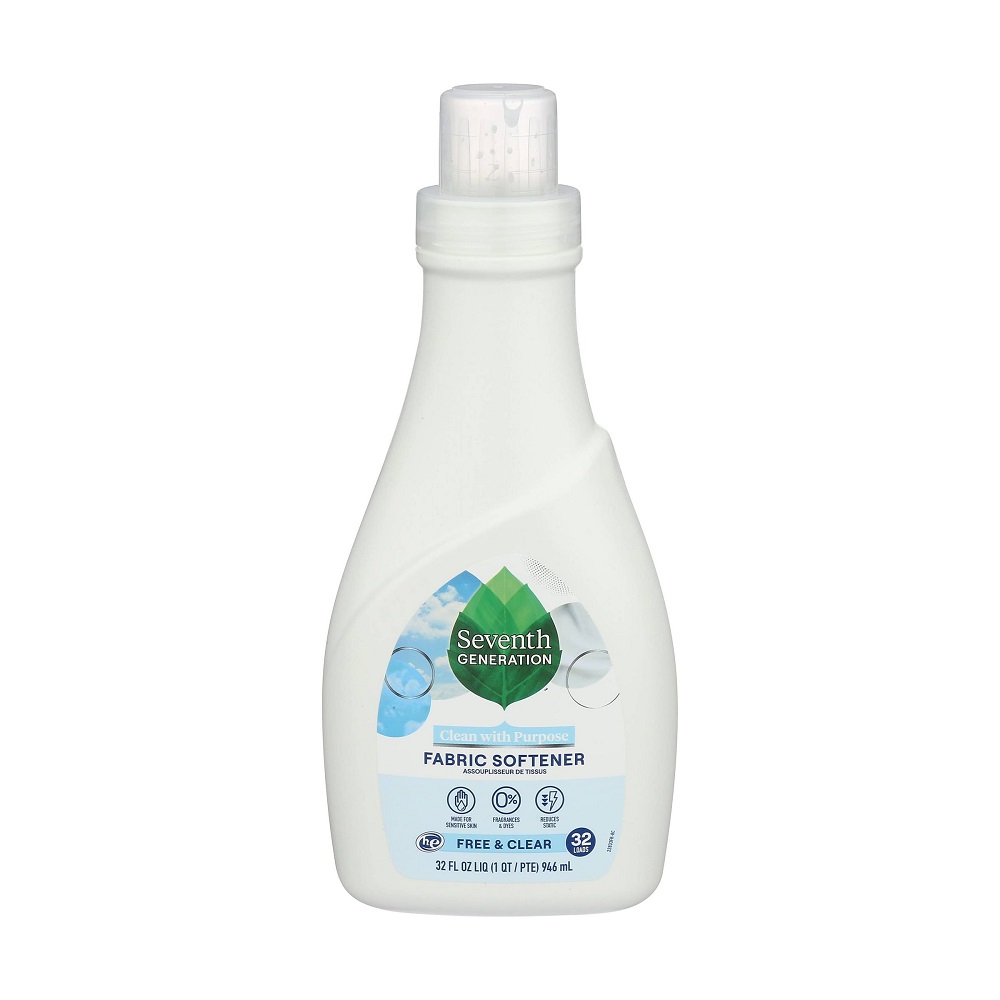
The Benefits of Using Fabric Softener
Softness and Comfort
The most immediate and noticeable benefit of fabric softener is the added softness it imparts to fabrics. Clothes, towels, and bed linens feel more comfortable and luxurious after being treated with fabric softener. This is particularly valuable for materials like cotton and fleece, which can sometimes feel rough or stiff after washing. Fabric softeners work by coating the fibers with a thin layer of chemicals, making them feel smoother and more pliable.
Softness is not only about comfort but also contributes to the longevity of fabrics. The lubricating effect of fabric softener can prevent wear and tear on the fibers, helping to preserve the integrity of clothing over time. This can be especially important for delicate fabrics, such as wool or silk, which are more prone to damage during washing.
Fragrance Enhancement
Another key benefit of fabric softeners is the long-lasting fragrance they provide. Most fabric softeners are infused with pleasant scents, which are often one of the main reasons people opt to use them. The fragrance lingers on the clothes even after they are dried, providing a fresh, clean smell. This is especially beneficial for people who want their laundry to smell nice for an extended period, whether it’s for personal preference or for practical reasons, such as minimizing unpleasant odors.
However, it’s important to note that the chemicals used to create these fragrances can sometimes be irritating to sensitive skin. For individuals with allergies or respiratory issues, the strong scents of fabric softeners may cause discomfort or flare-ups. As a result, many manufacturers now offer hypoallergenic or fragrance-free versions of their products.
Potential Downsides of Fabric Softener
Environmental Impact
Despite its many advantages, fabric softener comes with several drawbacks, particularly when it comes to its environmental impact. Many fabric softeners contain synthetic chemicals that can be harmful to aquatic ecosystems. These chemicals can make their way into rivers and streams through wastewater, where they can negatively affect aquatic life by disrupting reproductive processes and harming water quality.
Furthermore, the production and disposal of fabric softeners contribute to plastic waste. Most fabric softeners come in plastic bottles, which are not always recyclable depending on your location. This leads to a significant accumulation of non-biodegradable waste, further exacerbating environmental issues. The use of palm oil in the manufacturing of certain fabric softeners also raises concerns regarding deforestation and habitat destruction, as palm oil often source from unsustainable plantations.
Health Concerns and Skin Sensitivity
Another downside of fabric softeners is the potential for skin irritation. The chemicals and fragrances found in many fabric softeners can cause allergic reactions or rashes, especially for individuals with sensitive skin. Babies, elderly individuals, and people with conditions like eczema or psoriasis may be particularly vulnerable to these effects.
Moreover, some fabric softeners contain compounds such as quaternary ammonium compounds (quats), which can absorb by the skin and may contribute to respiratory issues or contact dermatitis. Although the concentration of these substances in fabric softeners is typically low, repeated exposure over time can lead to sensitivities or more severe reactions. For people with allergies, it is often recommended to choose fragrance-free or hypoallergenic versions of fabric softeners.
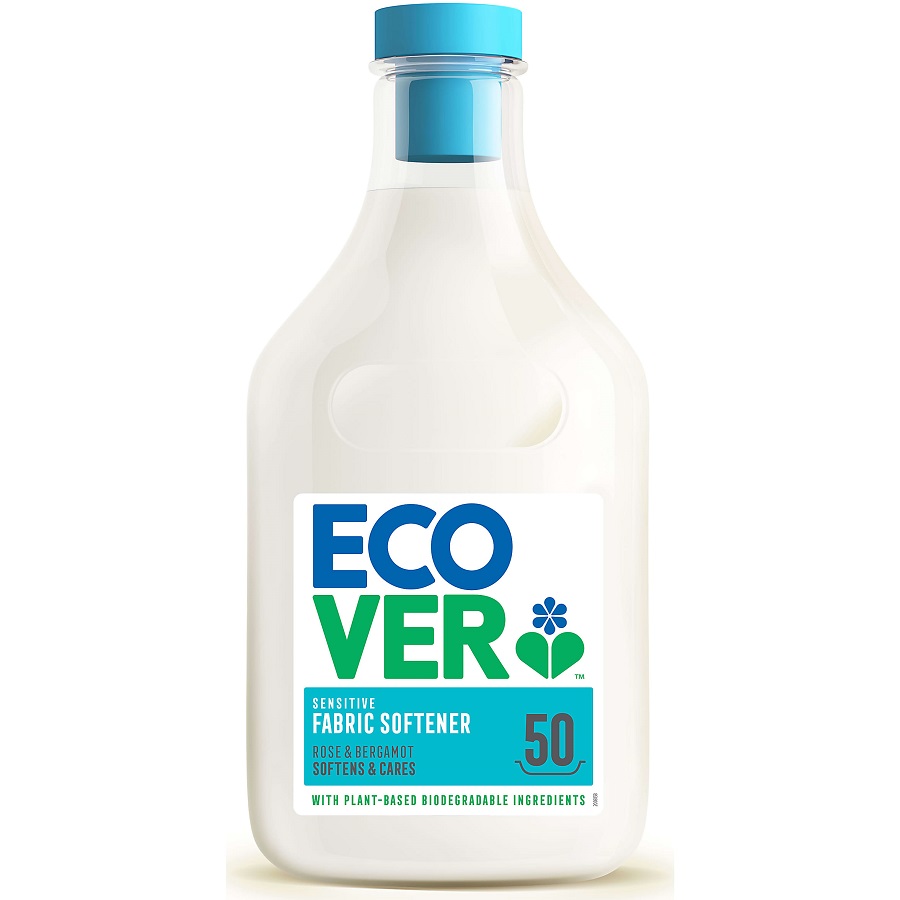
Fabric Softener Alternatives: Eco-Friendly and Skin-Sensitive Options
Vinegar as a Natural Fabric Softener
For those looking to avoid the chemicals in commercial fabric softeners, vinegar is a great alternative. White distilled vinegar is a natural fabric softener that softens fabrics by breaking down detergent residues and balancing the pH of the water. This helps to make clothes softer without the use of synthetic chemicals. In addition, vinegar is an excellent deodorizer that can help neutralize any lingering smells on clothes.
To use vinegar as a fabric softener, simply add about half a cup of white vinegar to the rinse cycle of your washing machine. There is no need to worry about your clothes smelling like vinegar, as the smell dissipates once the clothes are dry. Vinegar is an inexpensive and environmentally friendly option for those who want to reduce their carbon footprint while maintaining soft and fresh-smelling laundry.
Baking Soda for Freshness and Softness
Baking soda, also known as sodium bicarbonate, is another common household item that can replace fabric softener. It also has deodorizing properties, helping to eliminate odors from clothing.
To use baking soda in your laundry, simply add half a cup of baking soda to your washing machine along with your regular detergent. Baking soda can help to enhance the effectiveness of the detergent by neutralizing acids and breaking down dirt and oil. Additionally, it’s a safe and non-toxic alternative to commercial softeners, making it an ideal choice for families with children or individuals with sensitive skin.
Wool Dryer Balls: A Sustainable and Chemical-Free Solution
Wool dryer balls are an increasingly popular alternative to liquid fabric softeners. These balls, typically made of natural wool, work by tumbling with your clothes in the dryer, helping to separate the fibers and reduce static. The result is softer clothes without the need for chemical additives.
Wool dryer balls also help to speed up the drying process by increasing airflow in the dryer. This not only saves time but also reduces energy consumption, making them an environmentally friendly option. In addition to their softening properties, wool dryer balls are reusable, which further minimizes waste compared to single-use fabric softeners. If you enjoy a lightly scented laundry experience, you can add a few drops of essential oil to the dryer balls, providing a natural fragrance to your clothes without the use of synthetic chemicals.
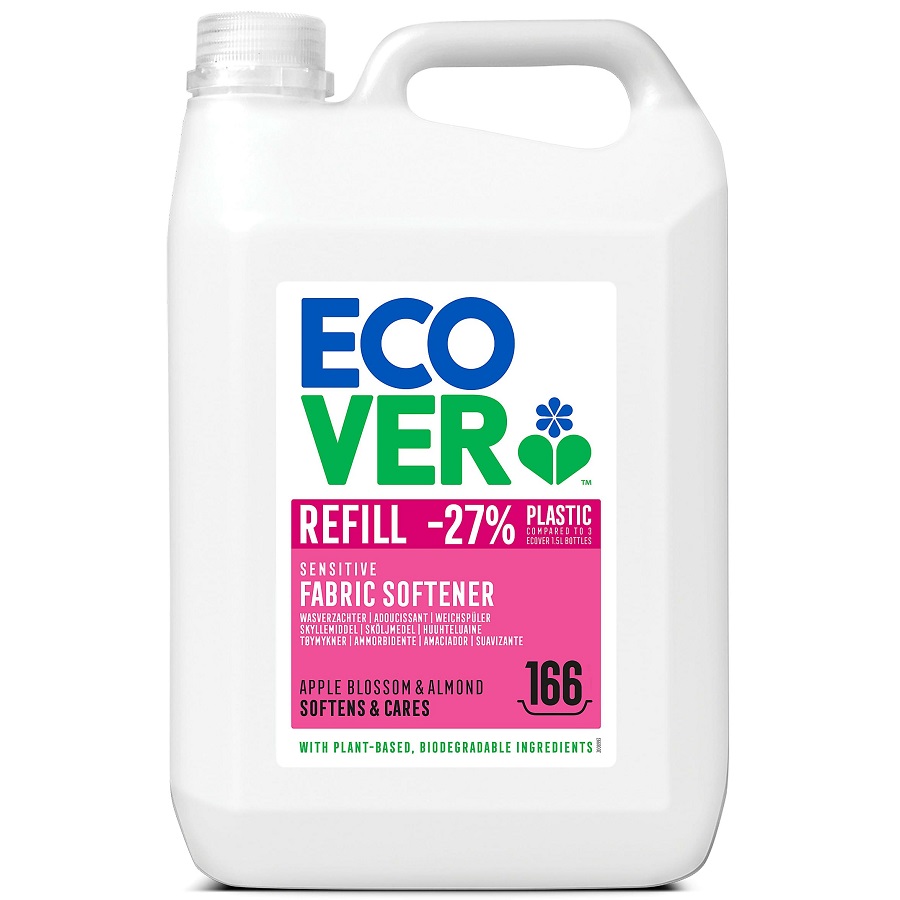
Should You Use Fabric Softener?
Weighing the Pros and Cons
Ultimately, whether or not to use fabric softener depends on your personal preferences, lifestyle, and values. For those who prioritize softness, fragrance, and static reduction, fabric softener may be an essential part of their laundry routine. It can also be beneficial for maintaining the quality of certain fabrics, especially when it comes to delicate items or heavy fabrics like towels and blankets.
However, if you are concerned about environmental issues, health risks, or the chemicals involved, you may want to explore alternatives. Natural options like vinegar, baking soda, and wool dryer balls provide a chemical-free, sustainable solution that still offers some of the benefits of fabric softener. These alternatives also tend to be more affordable in the long run, and they are gentle on both the skin and the planet.
Making the Right Choice for You
Before deciding whether to use fabric softener, consider your laundry needs and any sensitivities you or your family members may have. If you are looking for a chemical-free, eco-friendly option, it’s worth experimenting with alternatives to see what works best for you. For those who have no concerns about synthetic chemicals and enjoy the extra softness and fragrance, fabric softener can remain a useful product in your laundry routine.
In the end, it’s about finding a balance between comfort, convenience, and environmental consciousness. Whether you stick with traditional fabric softeners or make the switch to natural alternatives, there are plenty of options to suit every household’s laundry needs.
Conclusion
Fabric softener has long been a staple in laundry routines worldwide, thanks to its ability to enhance the softness, scent, and feel of clothes. However, concerns about its environmental impact, chemical content, and potential health risks have led many to seek out alternative solutions. Natural substitutes such as vinegar, baking soda, and wool dryer balls provide effective and eco-friendly ways to achieve soft, fresh laundry without relying on harsh chemicals.
Ultimately, the decision to use fabric softener depends on personal preference, as well as your desire to prioritize sustainability and health. By understanding the benefits and drawbacks of fabric softener and exploring the range of alternatives available, you can make an informed choice that suits both your lifestyle and the environment.






